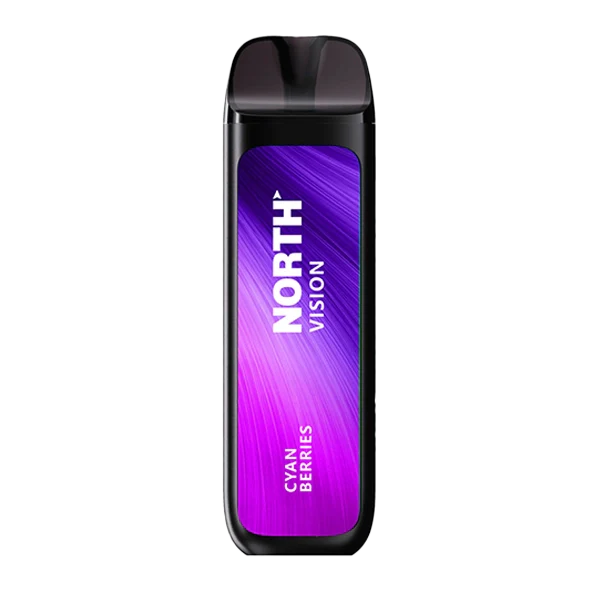BIS Certificate Registration
**Description (150 characters):** BIS Certificate Registration ensures product quality, safety, and legal compliance for selling goods in the Indian market under BIS standards.
Share this Post to earn Money ( Upto ₹100 per 1000 Views )

In an increasingly regulated global marketplace, compliance with national and international standards is essential for businesses looking to ensure the quality, safety, and reliability of their products. In India, one such critical regulatory requirement is the BIS Certificate Registration, governed by the Bureau of Indian Standards (BIS). This certification acts as a mark of assurance for Indian consumers and plays a vital role in facilitating trade, consumer safety, and product reliability.
If you're a manufacturer or an importer planning to sell products in India, understanding BIS certification and the process of registration is essential. In this blog, we delve deep into what BIS certification is, why it is important, who needs it, and how to get your products certified.
What is BIS Certification?
The Bureau of Indian Standards (BIS) is the national standards body of India, operating under the Ministry of Consumer Affairs, Food & Public Distribution. BIS is responsible for the standardization, marking, and quality certification of goods in India.
A BIS certificate is a conformity assessment issued to manufacturers or importers of products that meet Indian Standards (IS). It signifies that the product complies with the relevant quality and safety standards set by BIS. Products that are covered under mandatory certification schemes must not be sold in India without a valid BIS certificate.
Why is BIS Certification Important?
-
Consumer Safety: Ensures the product is safe for use and free from harmful or substandard materials.
-
Quality Assurance: Builds trust in the product and brand by ensuring consistent quality.
-
Legal Compliance: Mandatory for specific products under various Indian laws and regulations.
-
Market Access: Without BIS certification, manufacturers cannot legally sell certain products in the Indian market.
-
Avoids Penalties: Non-compliance can lead to legal action, fines, or confiscation of goods by authorities.
Types of BIS Certification Schemes
BIS offers several certification schemes depending on the nature of the product and place of manufacture:
1. ISI Certification Scheme
This is the oldest and most recognized certification scheme, applicable to products made in India. Products certified under this scheme carry the famous ISI Mark (Indian Standards Institute). It's mandatory for products like cement, electrical appliances, steel, and more.
2. Foreign Manufacturers Certification Scheme (FMCS)
For overseas manufacturers who want to export products to India, the FMCS is a must. It ensures that imported goods comply with Indian Standards before they enter the market.
3. Compulsory Registration Scheme (CRS)
Introduced by the Ministry of Electronics and Information Technology (MeitY), this scheme covers electronics and IT products. Under CRS, manufacturers must register products like mobile phones, LED lights, laptops, and other electronic items before they can be sold in India.
Products Under Mandatory BIS Certification
More than 350 products are currently under mandatory BIS certification. Some examples include:
-
Electrical appliances (e.g., switches, motors, cables)
-
Electronics (e.g., mobile phones, LED TVs, batteries)
-
Cement and building materials
-
Kitchen appliances
-
Pressure cookers
-
Steel and iron products
-
Packaged drinking water and bottled mineral water
Before initiating the certification process, check if your product falls under the mandatory BIS certification list.
Who Needs BIS Certification?
-
Indian Manufacturers: Producing products in India that fall under mandatory certification.
-
Foreign Manufacturers: Exporting regulated goods to India.
-
Importers: Partnering with foreign manufacturers to bring products into India.
-
Retailers & Distributors: Selling regulated products in the Indian market.
BIS Certification Registration Process
The process of obtaining BIS certification involves several steps:
Step 1: Identify the Applicable Indian Standard (IS)
Each product category corresponds to a specific IS code. Understanding which standard applies is crucial before moving forward.
Step 2: Product Testing
Products must be tested in a BIS-recognized laboratory to verify compliance with applicable standards. The test report is a critical component of the application.
Step 3: Document Submission
Prepare and submit required documents, including:
-
Application form
-
Factory location and layout
-
Manufacturing process flowchart
-
Quality control and testing facilities
-
Copy of test report
-
Business license or incorporation certificate
Step 4: Factory Inspection (for ISI/FMCS)
BIS officials may conduct an inspection of the manufacturing facility to ensure the production process and quality control systems are in line with BIS requirements.
Step 5: Grant of License/Registration
If the application and inspection are successful, BIS will issue a certification license. This license is generally valid for 1 to 2 years and must be renewed thereafter.
Key Considerations and Tips
-
Authorized Indian Representative (AIR): Foreign manufacturers must appoint an AIR to liaise with BIS on their behalf.
-
Timelines: The process can take 4 to 6 weeks or more, depending on the product and compliance status.
-
Renewal: Keep track of expiration dates and renew your certification in time to avoid disruptions.
-
Labeling: Products must carry the appropriate BIS mark (ISI, CRS) along with the license number.
Challenges in BIS Certification
-
Bureaucratic Delays: Incomplete applications or non-compliant documents can result in delays.
-
High Cost for Foreign Manufacturers: Includes inspection, testing, and travel expenses.
-
Regulatory Updates: BIS standards and lists of covered products can change frequently; staying informed is essential.
Conclusion
Obtaining BIS certification is not just a legal requirement—it is a strategic decision that can significantly enhance your brand’s credibility, ensure consumer safety, and open doors to the vast Indian market. Whether you’re an Indian manufacturer or a foreign exporter, understanding the process and preparing thoroughly will help you navigate BIS registration smoothly.
For businesses planning to expand into India or ensure continued compliance, partnering with an experienced compliance consultant or certification expert can simplify the process and avoid costly mistakes.

















